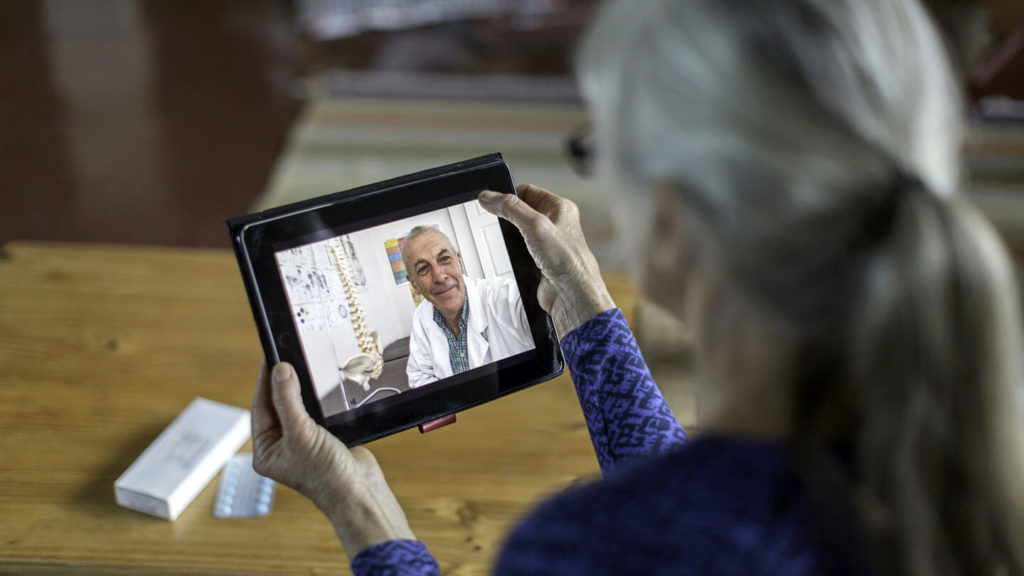
With ongoing federal Medicare reimbursements for telehealth set to expire at the end of the year, a bipartisan push is underway in the US House of Representatives to make those payments permanent.
Four Republicans and three Democrats introduced the Telehealth Modernization Act of 2024 Tuesday for a hearing at the House Committee on Ways and Means. The proposed law promises to go beyond making telehealth reimbursements permanent — it also would expand access to more qualified health clinics, especially in rural areas.
Long-term care sector leaders broadly celebrated the bill this week, as they have with other proposed telehealth expansions.
The bill would ensure access to vital technology for providers across the country, according to Kyle Zebley, senior vice president of public policy at the American Telemedicine Association — though with particular impact in underserved rural areas where decades of hospital closures have only exacerbated the challenges of delivering healthcare.
With temporary telehealth funding exceptions set to expire at the end of December, it’s important for Congress to act as soon as possible before the deadline, Zelbey told McKnight’s Long-Term Care News Thursday.
“These last four years have been a great experiment where the results are overwhelmingly in favor of those that want to make these permanent and make sure that we don’t get dragged back into the 20th century of healthcare, “ Zebley said.
Lawmakers touted the bill as enhancing healthcare accessibility and flexibility for patients around the country.
“Telehealth is a vital part of our health care system,” said Representative Earl “Buddy” Carter (R-GA) in an announcement coinciding with the bill’s introduction. “We must ensure that it is available to patients who need it. By permanently extending telehealth flexibilities for Medicare patients, we are making health care more accessible for seniors, regardless of their physical location.”
Firm sector support
The American Health Care Association has been a vocal supporter of expanded telehealth usage for several years and stands in support of this bill as well.
“Technology is a crucial piece of the puzzle considering the expanding caregiver gap due to our increasing elderly population,” Dan Ciolek, associate vice president of therapy advocacy at AHCA told McKnight’s Thursday. “During the pandemic, providers across our skilled nursing facilities, assisted living communities, and ID/DD communities saw significant benefits of telehealth access. We support the efforts to permanently extend these valuable service delivery options under Medicare.”
The national nonprofit association LeadingAge also threw its support behind the legislation Thursday — officially recommending it and promising to keep member providers updated on its progress through Congress.
“The Telehealth Modernization Improvement Act is a crucial step towards modernizing our fractured healthcare system, making it more efficient, accessible, and patient-centered,” a LeadingAge spokesperson told McKnight’s Thursday. “The waivers this legislation would extend could greatly help our members keep this vital resource as a supplement to in-person treatment in order to ensure residents get attention and care they need.”
While use of telehealth at nursing homes has dropped significantly from its height in the COVID-19 pandemic, by the end of 2023 it was still being used in more than 60% of facilities.
Zebley told McKnight’s there is potential for telehealth usage to expand in long-term care once again if the bill passes because permanent funding would reduce uncertainty and risk for providers.
“Putting aside the pandemic, [healthcare in the US] usually moves very slowly and it requires as much long-term certainty as one can offer,” he explained. “We shouldn’t drag this out until the last possible moment. We should give our healthcare system as much certainty as possible, so let’s get as much done as we can well before that deadline — that will help maximize the positive impacts of congress acting.”




